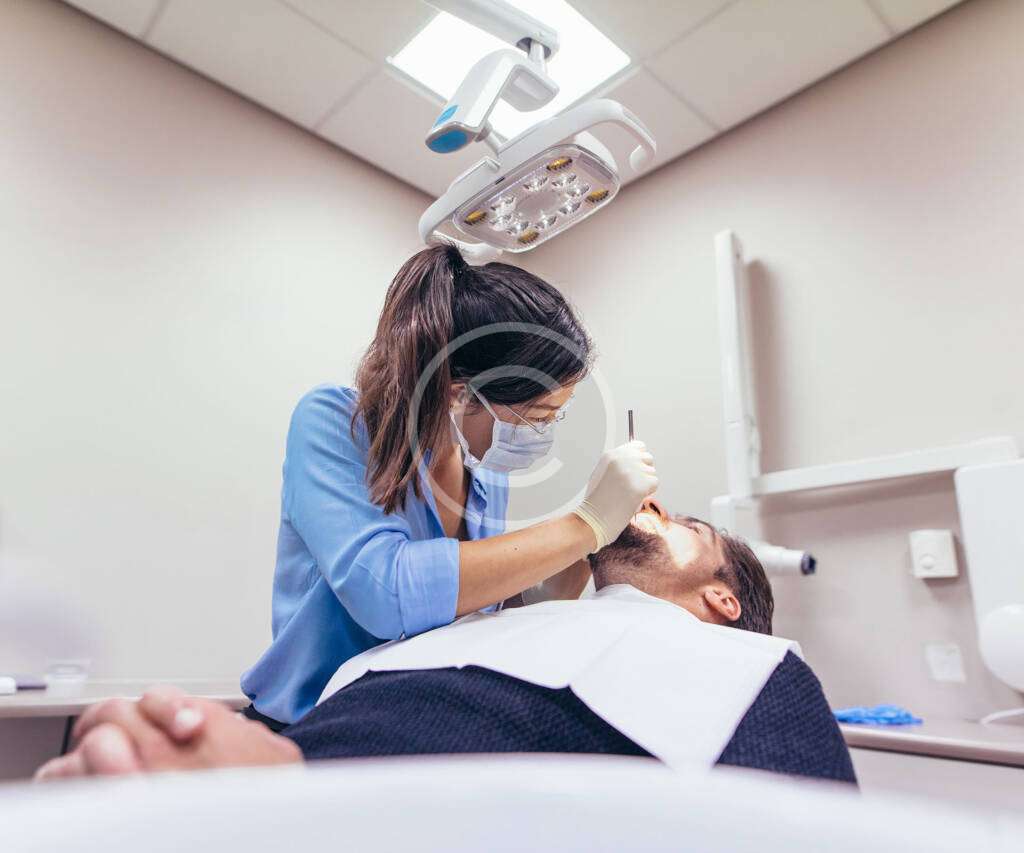What is an implant?
It is a screw-shaped artificial tooth root made of titanium that is surgically implanted into the jawbone.
Why Implant?
In cases of missing teeth, fixed bridge prostheses or removable prostheses were usually made. Thanks to the implant application, the cutting of healthy teeth for bridge prosthesis construction has been canceled. The comfort of the patient has also increased. In cases of complete edentulousness, the most common complaints are that the prosthesis moves, food crumbs get under it, and the prosthesis moves while coughing and sneezing. One hundred percent satisfaction is achieved by ensuring the stability of the prosthesis even by applying only two implants.
As a result; thanks to today’s advancing technology, the success of implant application has increased a lot. With mini implants, implants can be applied even to insufficient bone levels, and even without the need for a 3-6 waiting period, we take measurements immediately after implant application (what we call immediate loading) and start crown bridge prosthesis construction.


How is the implant placed?
The implant is placed by a general dentist or maxillofacial surgeon, depending on their training, experience and specialization, with a surgical operation performed under sterile conditions. (A total of 3 days of treatment time is sufficient for implant placement.) Then, a waiting period of 3-6 months is entered for the implant to completely fuse with the bone. After the completion of this waiting period, it takes a total of 5-7 days to build teeth on the implant.
Who can get implants?
Since the implant requires a surgical procedure, it is applied to people in good general health, with healthy gums and adequate bone structure. If there is not enough bone support, additional procedures (such as artificial or natural bone grafting) are available to create a good implant site. Implant success decreases in systemic diseases such as diabetes, chronic problems such as bruxism, smoking and alcohol use.
Care After Implant Treatment
Since poor oral hygiene affects even the lifespan of natural teeth, oral hygiene must be very careful after implant treatment. Careful cleaning around the implants with interdental brushes recommended by your doctor is essential. Especially the first 2 years after implant application is very important. Inflammation in the gums will progress and reflect to the bone and cause periimplantitis. You should definitely go to your dentist for a check-up every year. Smoking should definitely be avoided.
As a result; thanks to today’s advancing technology, the success of implant application has increased a lot. With mini implants, implants can be applied even to insufficient bone levels, and even without the need for a 3-6 waiting period, we take measurements immediately after implant application and start crown bridge prosthesis construction (which we call immediate loading).
